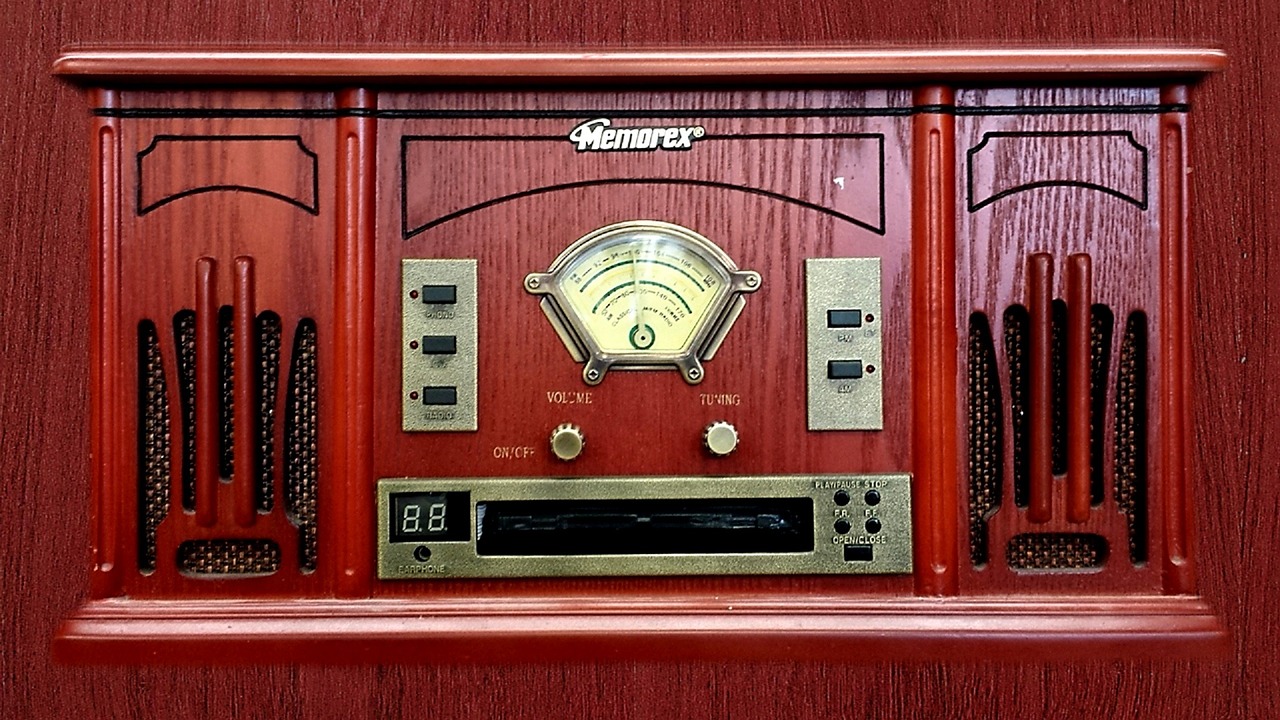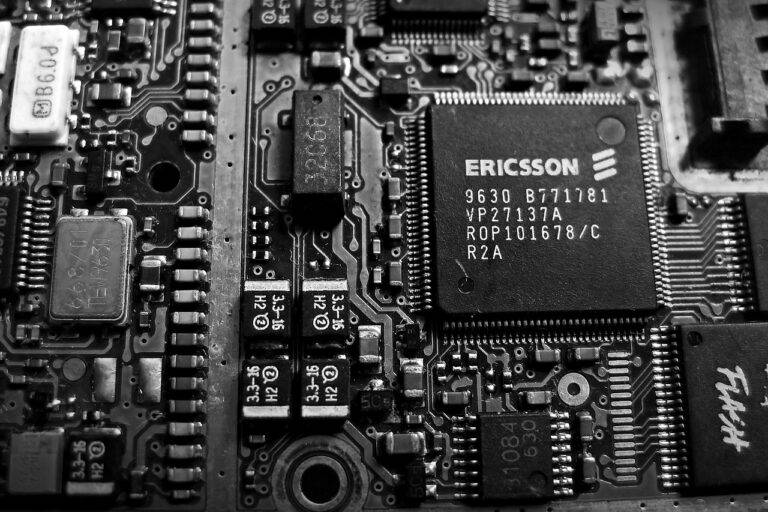The Evolution of Wearable Health Tech: From Fitness Trackers to Smartwatches
The inception of wearable health technology can be traced back to the early 2000s when devices like pedometers and heart rate monitors gained popularity among fitness enthusiasts. These rudimentary gadgets paved the way for a new era of health tracking that put the power of monitoring one’s well-being right at their fingertips.
As technological advancements accelerated, the market saw the emergence of wearable devices that not only tracked basic health metrics but also provided real-time feedback and insights to users. The integration of sensors, connectivity features, and user-friendly interfaces revolutionized how individuals approached their fitness goals and overall health management.
Advancements in Fitness Tracking Technology
Fitness tracking technology has come a long way in recent years, offering users a plethora of features to monitor and improve their health and fitness goals. From counting steps and calories burned to tracking sleep patterns and heart rate, modern fitness trackers provide a comprehensive overview of an individual’s daily activities.
One of the most notable advancements in fitness tracking technology is the integration of GPS capabilities, allowing users to accurately track their routes and distances during workouts. This feature not only provides valuable data for improving performance but also enhances safety by allowing users to share their location with others in case of emergencies.
What are some of the early devices used for tracking fitness?
Some of the early devices used for tracking fitness included basic pedometers and heart rate monitors.
What are some of the advancements in fitness tracking technology?
Advancements in fitness tracking technology have included devices that can track a wide range of metrics such as steps taken, calories burned, sleep patterns, and even stress levels.
How accurate are fitness tracking devices?
The accuracy of fitness tracking devices can vary depending on the technology used. Some devices are quite accurate, while others may be less so. It’s important to research and read reviews before purchasing a fitness tracking device.
Can fitness tracking devices help improve overall health and fitness?
Fitness tracking devices can be a useful tool for monitoring progress and staying motivated to reach fitness goals. However, they should be used in conjunction with a healthy diet and exercise routine for best results.
Are there any privacy concerns with fitness tracking technology?
Some people have raised concerns about the privacy of their data collected by fitness tracking devices. It’s important to research the privacy policies of any device you use and ensure that your data is secure.





